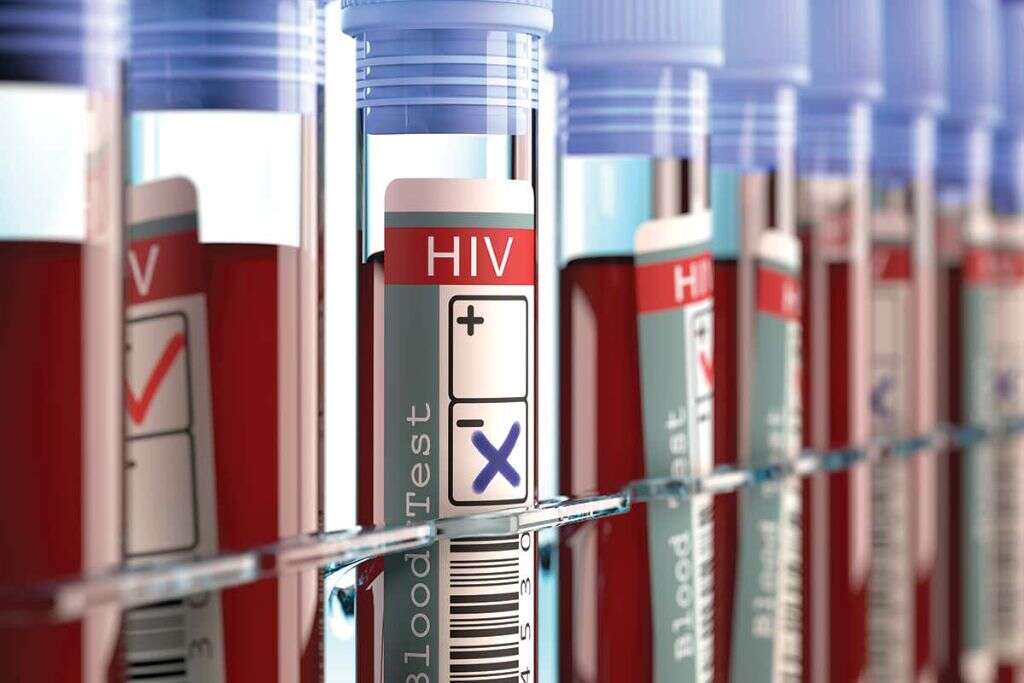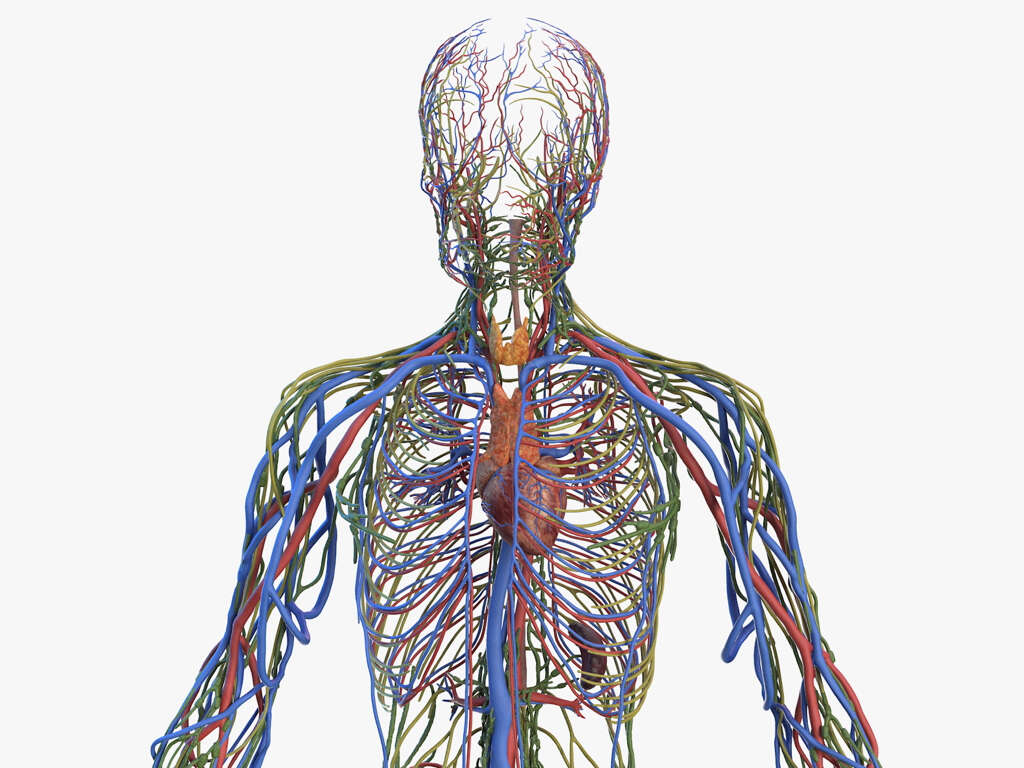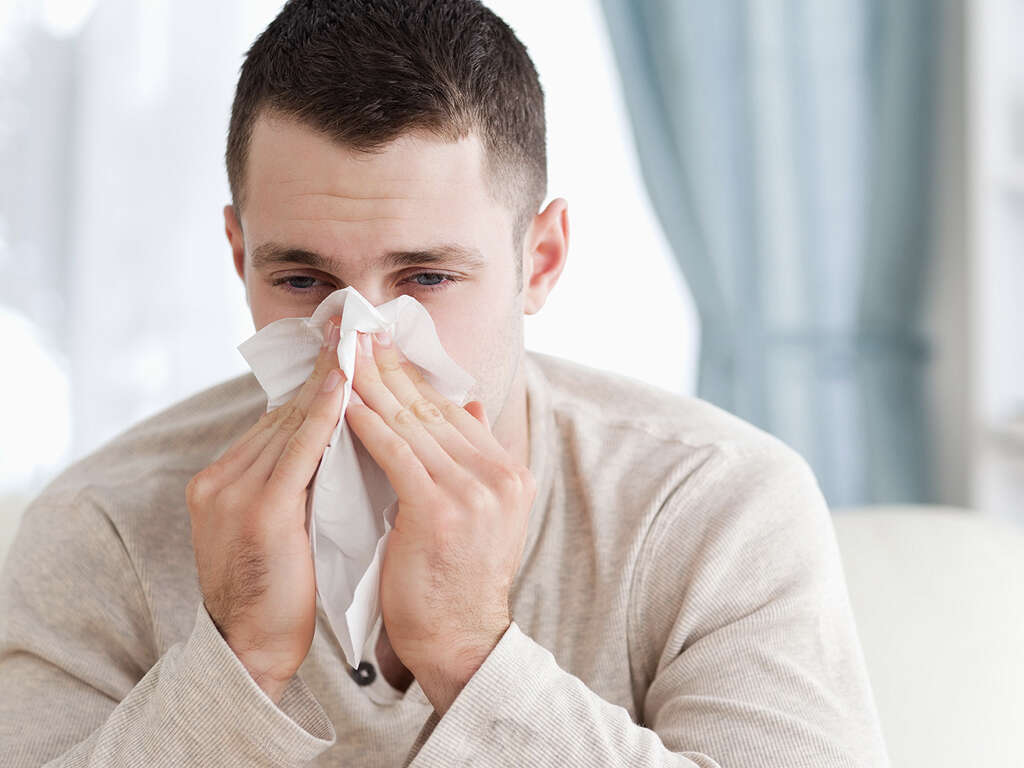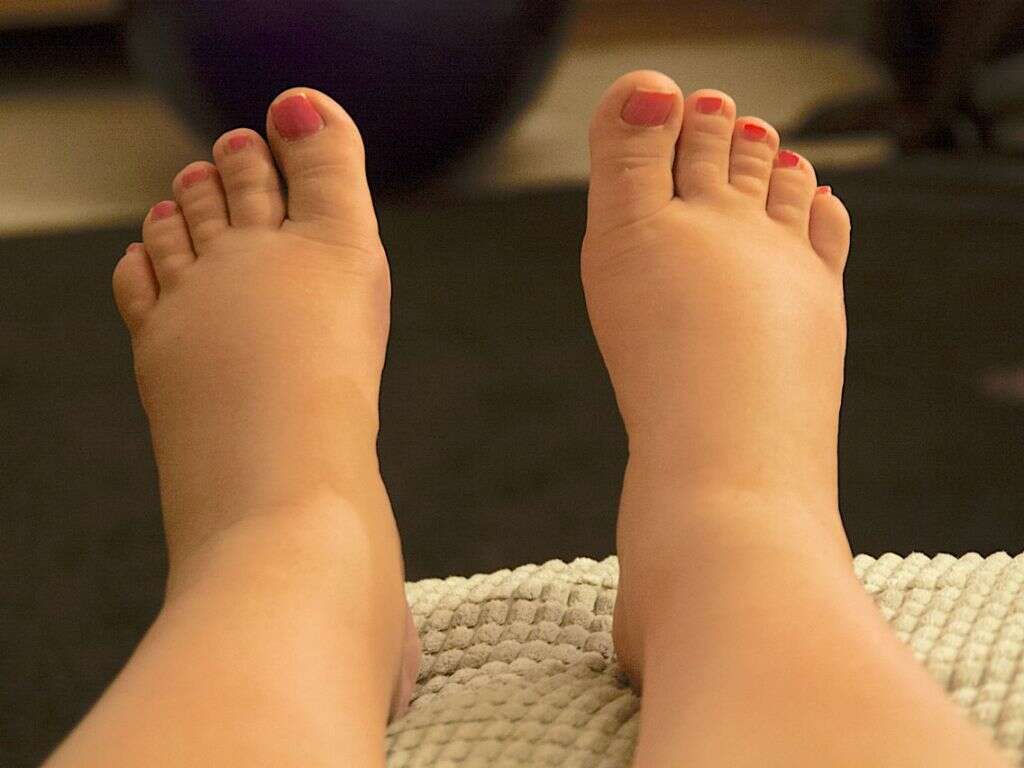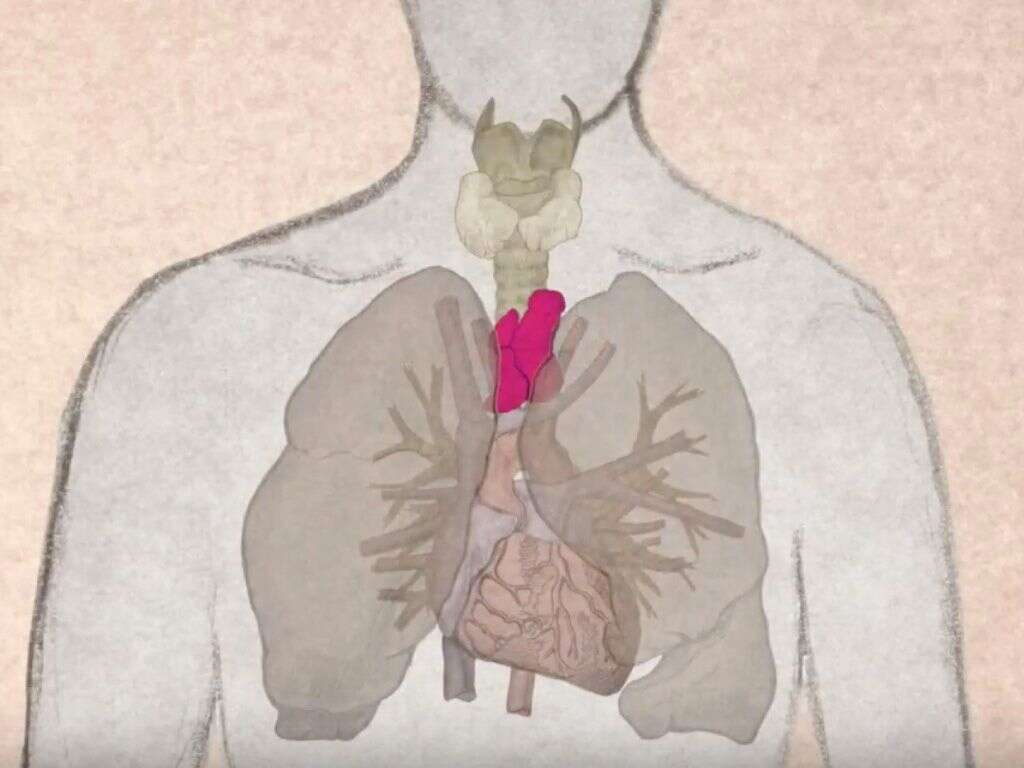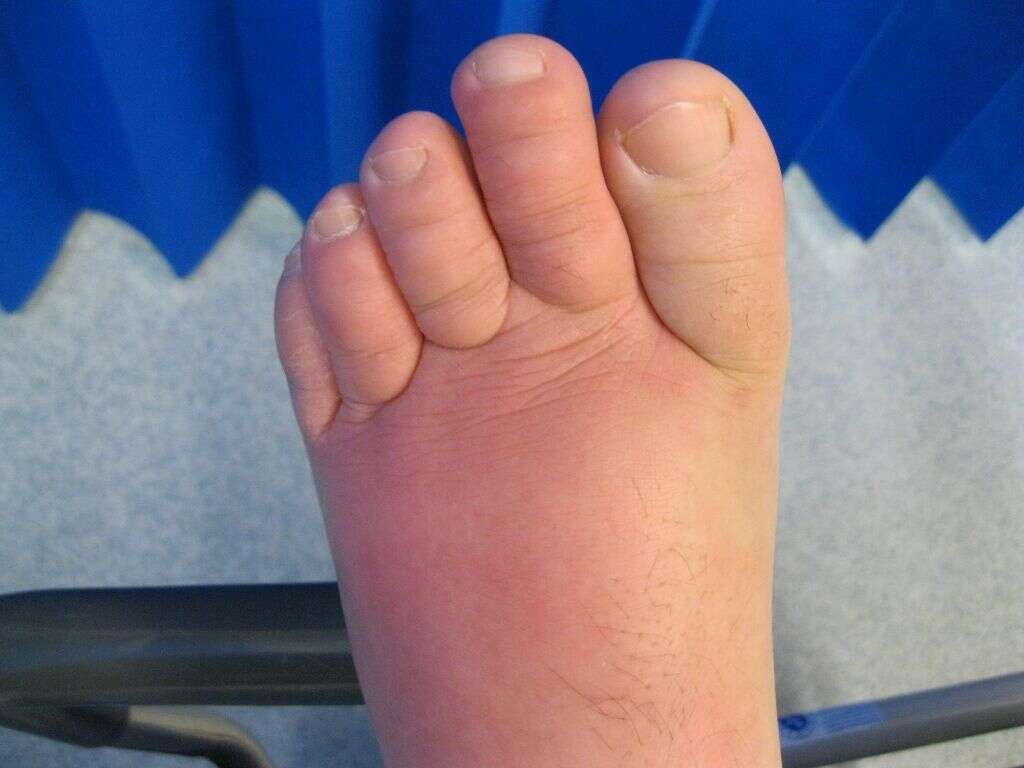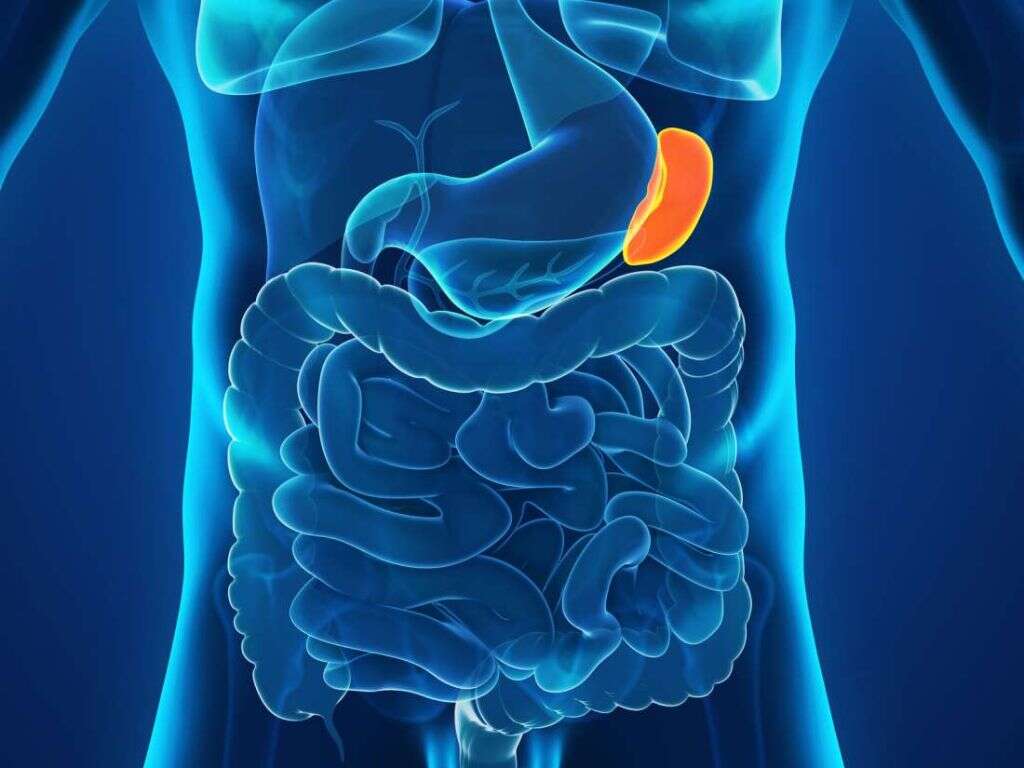Causes of Swollen Lymph Nodes in Armpit
Located in different locations around our bodies are small glands that are known as lymph nodes. These glands play an important part in keeping us safe because they help to filter pathogens from the blood, while also housing white blood cells. Thus, when there are unwelcome intruders, the lymph nodes are needed to help keep us safe.
When the lymph nodes become more active than usual, they will become swollen, and this swelling is often noticeable from the surface of the skin. This swelling is not dangerous in itself but it is a sign that the patient has a potentially serious problem. There are numerous things that can cause this swelling, and here’s a look at some of the most common.

1. Local Infection
The lymph nodes can be considered to be local outposts for the immune system. They serve as bases for white blood cells in addition to being able to filter pathogens from blood that passes through the nodes. Thus, if a certain region of the body becomes infected, then the nearest lymph nodes are going to be called into action. This will cause the lymph nodes to become swollen, and this swelling is usually noticeable from the surface. Infections should be treated as soon as they are discovered because otherwise, they get considerably worse. Treatment will often involve antibiotics to help tackle the pathogen head on.

2. Herpes
Herpes is a relatively common type of sexually transmitted disease. There is also an oral version of herpes that is caught through nonsexual contact with other people. Herpes is not dangerous, except to newborn babies, but it can still result in some very unpleasant symptoms. Herpes can cause sore blisters in the genital area of the patient, and it can also cause other symptoms like swollen lymph nodes.
The condition cannot be cured, but it can be treated to at least help reduce the severity of the symptoms. To help prevent your odds of catching herpes, it is wise to take precautions such as using condoms. Herpes may cause lymph nodes of the arm pit to be swollen but it is typically going to be more local. So if the outbreak is of the genitals you will find swollen lymph nodes in the groin. If the outbreak is of the face then you will find swollen lymph nodes of the neck. With a viral outbreak, however, it is not uncommon for multiple areas of lymph nodes to be swollen.

3. Breast Cancer
The lymph nodes will be called into action whenever there is a cancer in the nearby region. Considering the location of those in the armpit, they are going to be needed in cases of breast cancer. This means that women should take notice if the lymph nodes in the armpits do swell up. Breast cancer is one of the most common types of all cancers.
Fortunately, it is also among the easiest to treat. In many cases, a mastectomy is performed, which means that the entire breast is removed. As with other types of cancer, survival rates from breast cancer are much higher when it is diagnosed early. Women should check their breasts for lumps regularly. If a lump in the armpit is noticed, it may also indicate a type of lymphoma.

4. Strep Throat
It is not uncommon for kids to get a sore throat. In many cases, it is down to tonsillitis, whereas at other times it might be down to the flu or the cold. Some kids will also get a sore throat because they have strep throat. Strep throat is a fairly common condition that can be painful, and it can also cause swollen lymph nodes. Strep throat itself is not dangerous, but it should still be treated as soon as it is noticed.
This is partly to help relieve the patient of their pain, but mostly because it can develop into more serious conditions like rheumatoid arthritis and scarlet fever. Strep throat typically will cause swelling of lymph nodes in the neck vs. arm pit; however, strep throat is a virus that can cause multiple sites of swelling.

5. Mononucleosis
Mononucleosis, often shortened to mono, and also sometimes called the kissing disease, is another fairly common disease. It is caused by the Epstein-Barr virus and tends to cause symptoms that are similar to the common cold and the flu. It is one potential cause of swollen lymph nodes in the armpits; however mononucleosis is characterized by swelling of the spleen which is an organ of the lymphatic system.
Mononucleosis is called the kissing disease because that is often how it is spread. It is also sometimes spread through coughs and sneezes, and also by coming into contact with contaminated utensils and glasses. Young children tend to show few, if any, symptoms; meaning it often goes unnoticed.

6. Measles
Measles, also known as rubella, is a disease that has claimed millions of lives in the past. It is not always dangerous but it can result in some very serious complications in a small number of cases. Regardless, it is very contagious, which accounts for the high number of deaths despite a low fatality rate.
Typical symptoms include a rash, fever, aching muscles and joints, and swollen lymph nodes. Measles had been largely eliminated in the West thanks to effective vaccination programs. Unfortunately, the disease has seen a resurgence in recent years due to a decline in vaccinations of children.

7. Immune Disorders
Immune disorders are conditions that are caused by the body’s natural defense system turning against its own body. There are numerous types and their severity ranges from causing some mild discomfort, to being outright dangerous and even a threat to the patients life.
They can cause a wide range of symptoms, and some can cause the lymph nodes in the armpit to become swollen. Immune disorders cannot be cured, but the symptoms can often be treated to help make the patient feel more comfortable. In some cases, the patient will also be able to avoid certain factors, meaning they rarely experience the symptoms of the condition.
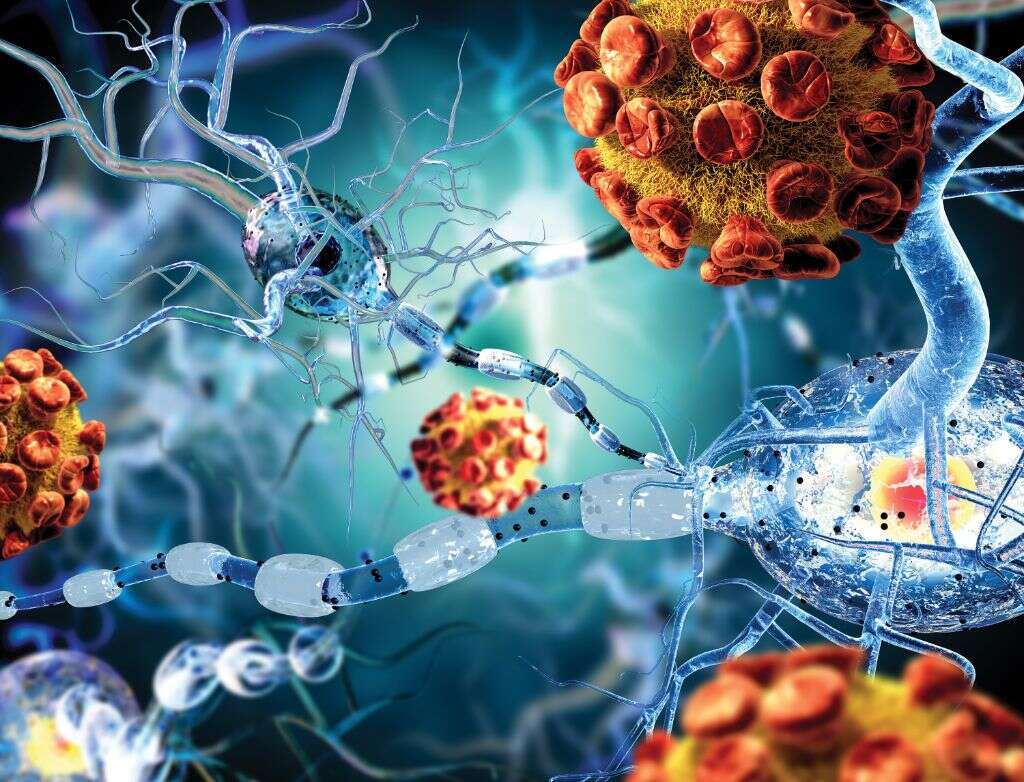
8. Leukemia
Leukemia is the blanket term for a range of cancers that affect the production of red blood cells. These cancers will often infect essential body parts like the bone marrow and the lymphatic system. It results in more than usual white blood cells in the blood, and this means that there is not enough space for red blood cells. Leukemia is a cancer often associated with children, but it can affect people of all ages.
When it occurs in children, the prognosis is usually better than it is for adults. Treatment for leukemia tends to involve chemotherapy, stem cell transplants, and target therapy, among other methods.

9. Lymphomas
Lymphocytes are important cells for the immune system because they help us to fight against infections. Lymphoma is a type of cancer that causes these cells to change and grow out of control. There are two types of lymphomas, and each one affects different types of lymphocyte cell. Survival rates depend largely on what type of lymphoma the patient has, and how advanced the condition is when it is diagnosed.
In the early stages of the condition, many patients will experience cold-like symptoms, including swollen lymph nodes. As is usual with cancer, treatment gets easier the sooner it is diagnosed, so it is a good idea to go for regular check-ups, and/or see a doctor if you suspect something is wrong.
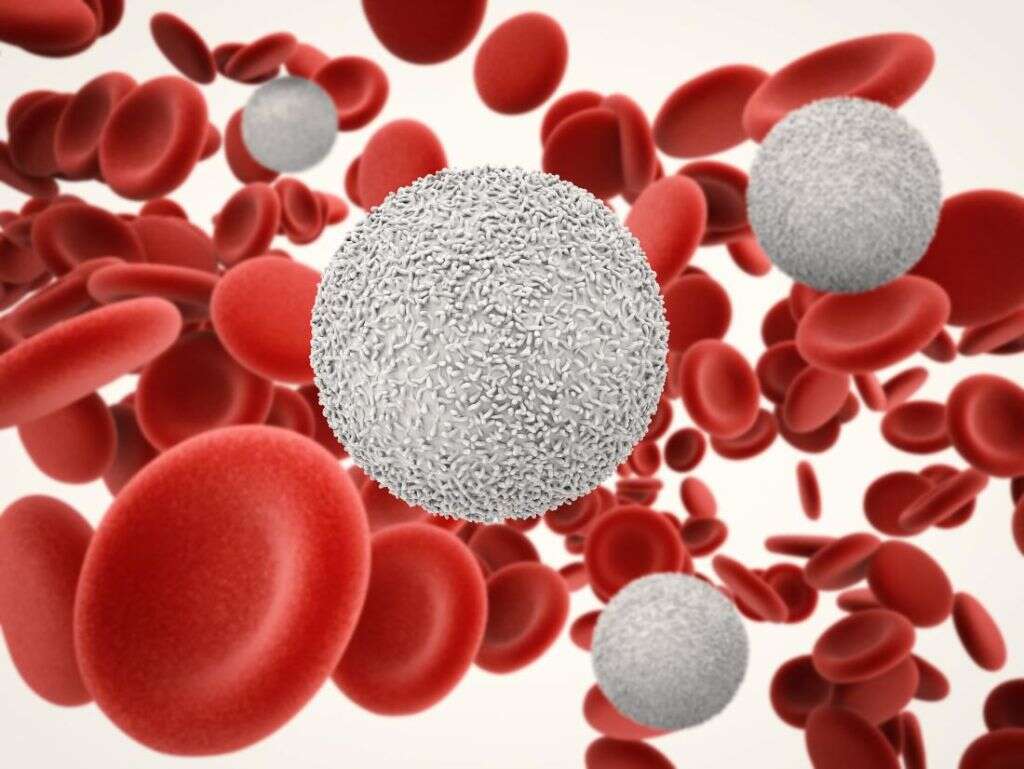
10. AIDS
AIDS is an anacronym for Acquired Immune Deficiency Syndrome. It develops from an infection by the HIV virus, which weakens the patients immune system, affecting their ability to protect themselves from disease. Patients with AIDS die from other conditions like pneumonia that the patient was unable to protect themselves against.
Many people that are HIV positive will live healthy lives for years before developing AIDS. Despite this, they will still be able to pass on the virus to other people so all precautions should be taken. Many unwelcome symptoms can result from AIDS, one of which is swollen lymph nodes.
